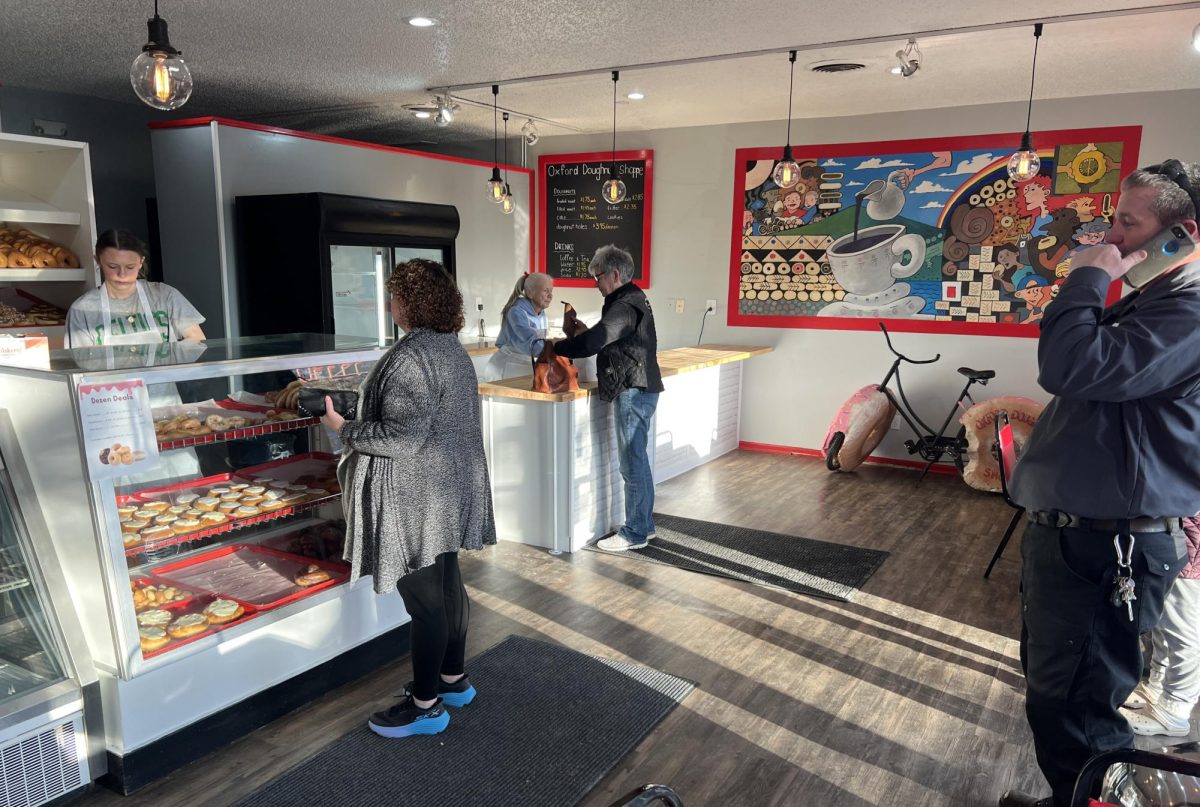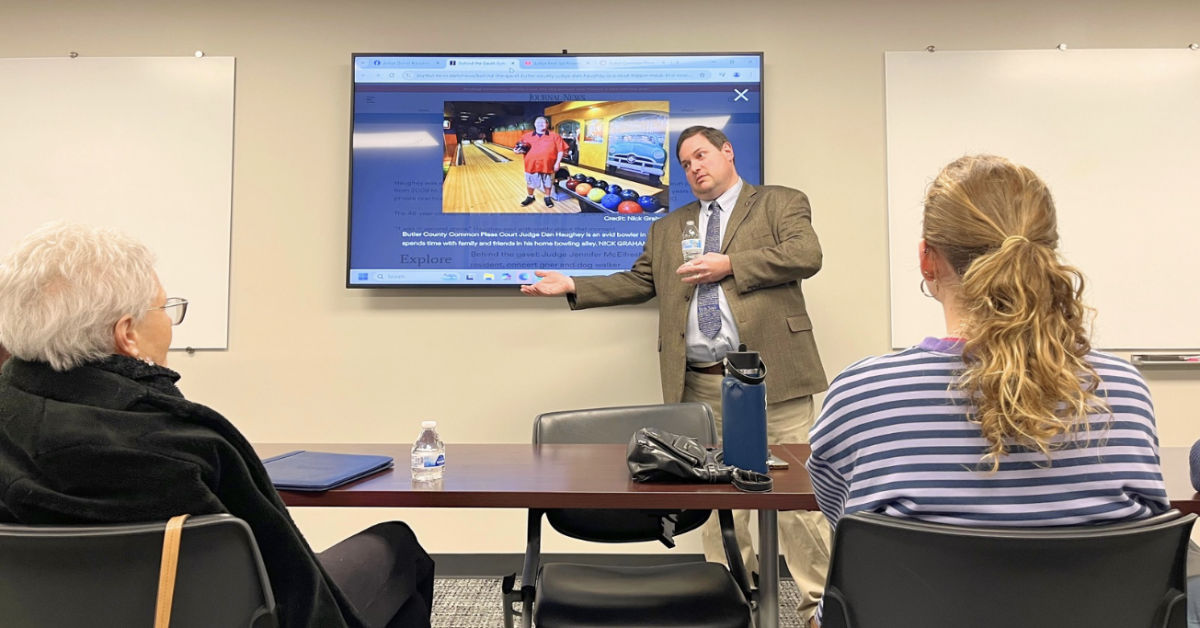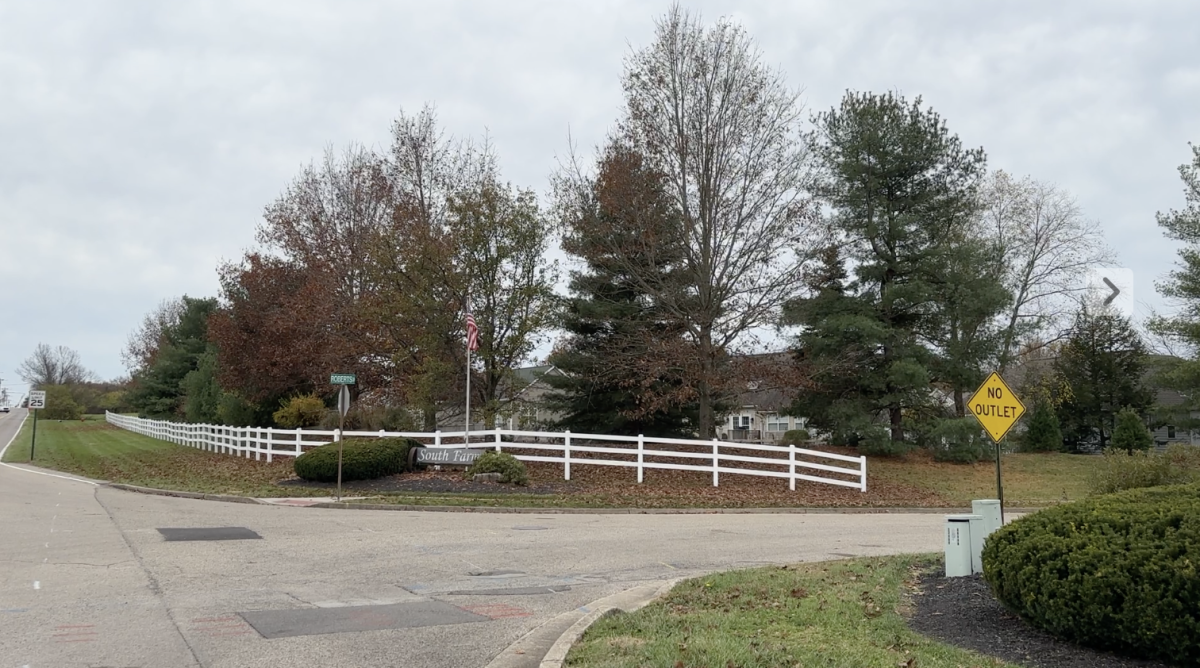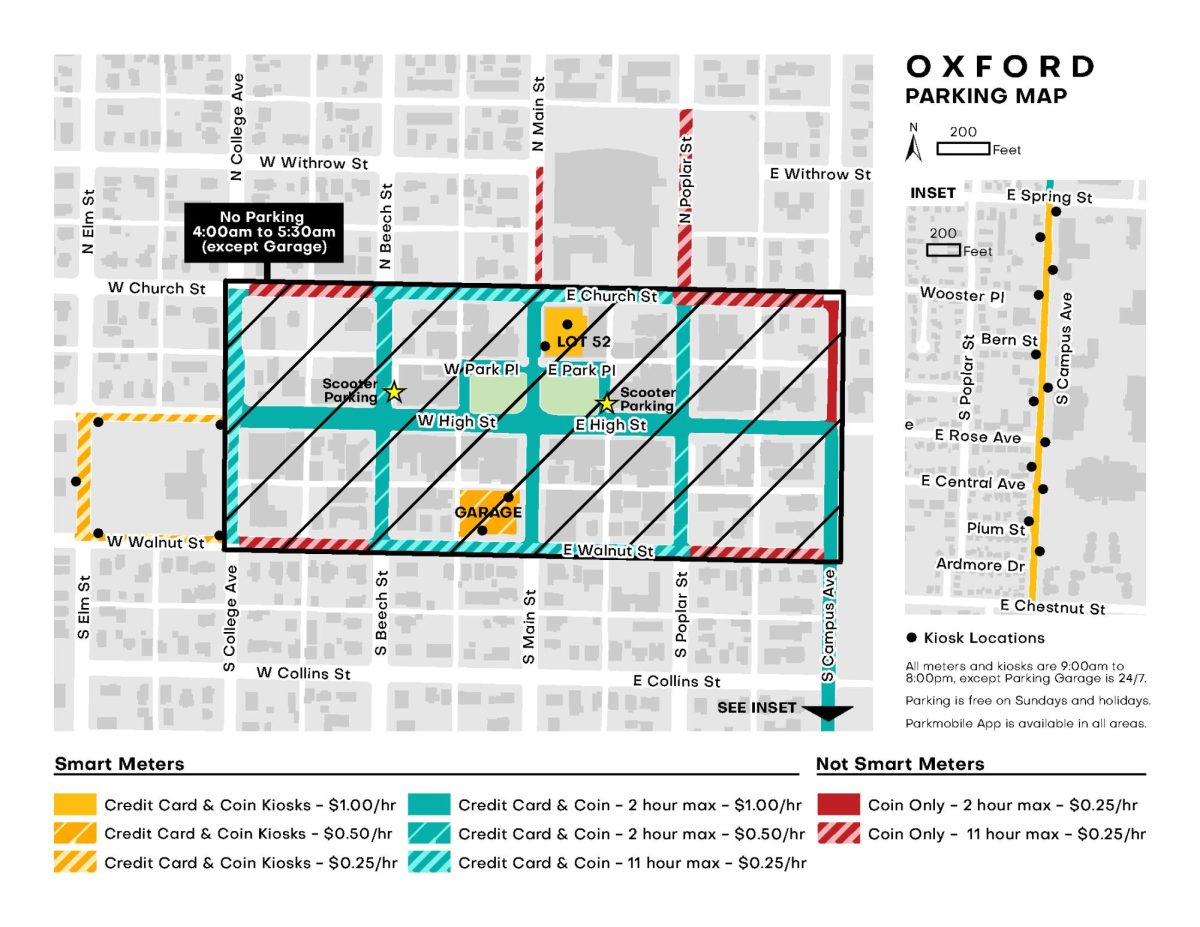The Oxford Community Climate Action Task Force invited the community to join a public workshop, Thursday, June 20, to discuss reducing emissions in Oxford.
Approximately 30 people filled a meeting room at the Presbyterian Seminary, at 104 E. Church St., listening attentively to speakers: Sam Perry, Oxford’s community development director, Mike Dreisbach, the city’s service director and council member David Prytherch.
“Well built cities will be the key to solving the climate change problem,” Prytherch said. “Cities need to develop a plan of action and Oxford already has one.”
The participants were divided into four groups organized by sector: buildings and energy; transportation; waste management; and land management.
Each group was tasked with coming up with opportunities and strategies for improvement to recommend to city council. By the end of the meeting, strategies being discussed included:
- Better communication with consumers about electric aggregation.
- Public buildings and all new building construction and renovation should be designed for neutrality to the greatest extent possible.
- Creation of a climate impact analysis.
- Mandating green building standard and incentives to developers.
- Management of invasive species.
- Land use education to fifth graders.
- Installing plantings along the Oxford Area Trails System.
- Making the Mile Square a car-free zone, but exempting transit vehicles, bicycles and scooters. The goal would be to get people to a few blocks instead of driving that distance.
- Shrinking the parking supply as a way to discourage car travel.
- Strategically placing bike lanes so pathways of travel are less impeded.
The task force will continue to meet and refine its ideas with a goal of having some recommendations ready for city council in August, Prytherch said.
“Part of the challenge with climate action is data gathering. Just because a scooter is ridden you don’t know if it substitutes for a car necessarily,” Prytherch said. “We’re going to have to find ways of estimating. We know how many scooter trips were taken; we don’t know how many car trips were not taken.”
Although there are improvements to be made, Oxford has taken steps to reduce emissions, such as encouraging the use of electric scooters and bicycles, limiting the idling of city trucks and announced plans to install charging stations for electric vehicles in some parts of town.
“Our budget goals align with our environmental goals,” Dreisbach said.
It is also possible for Oxford residents to use wind and solar energy to power their homes.
“Solar panels are becoming more and more popular in Oxford,” Perry said. “You can do wind power, we have provisions on that, not a lot of people know about that, but it is allowed.”
Skeptics may say that a small college town like Oxford won’t make a difference. But Prytherch is optimistic.
“If you want to make change, you work at the scale where you can actually make a difference, but if you think about it, all emissions come from somewhere. So, if every city perused neutrality that would take care of the majority of emissions in the United States because most people are urban dwellers. So, the cities have a really important role and every little bit adds up.”










